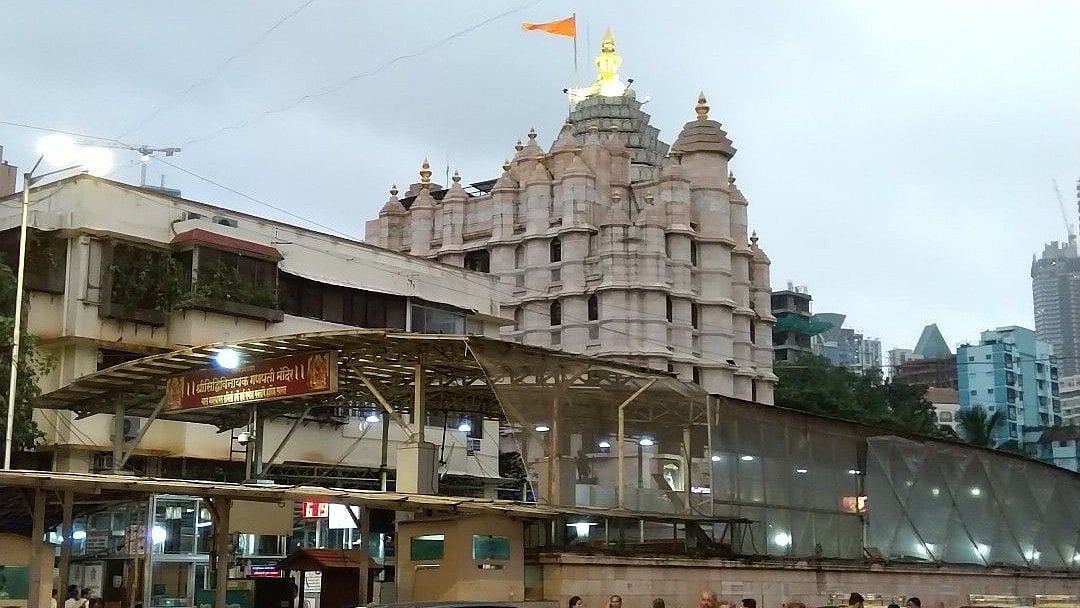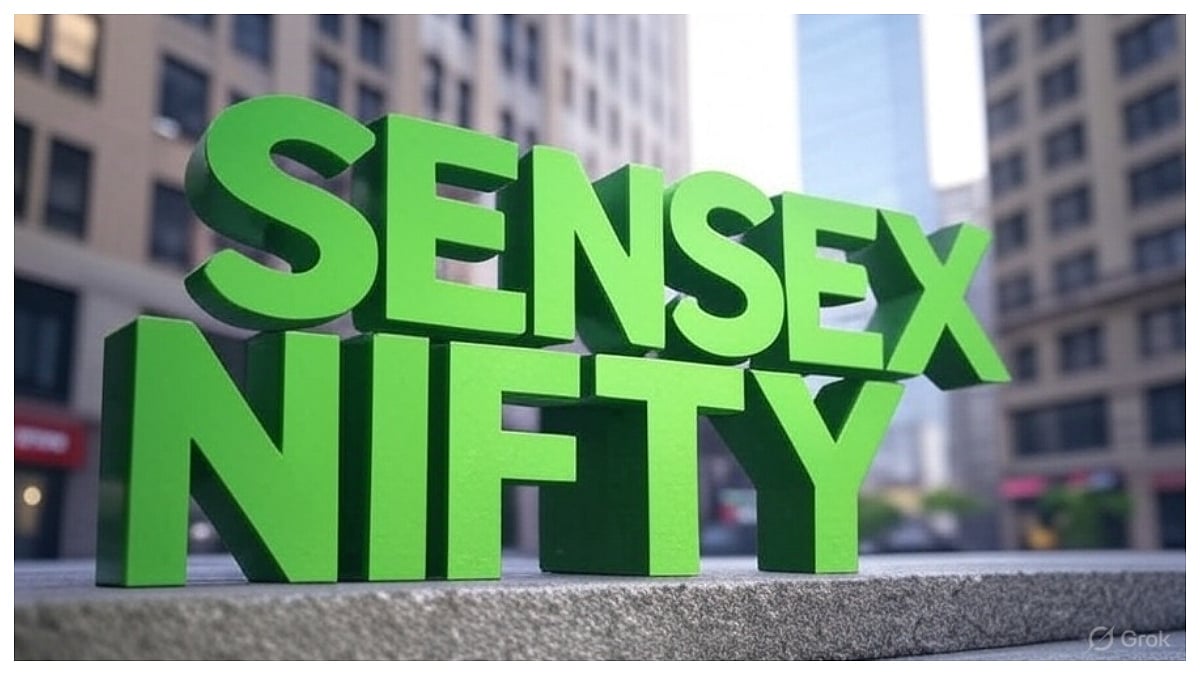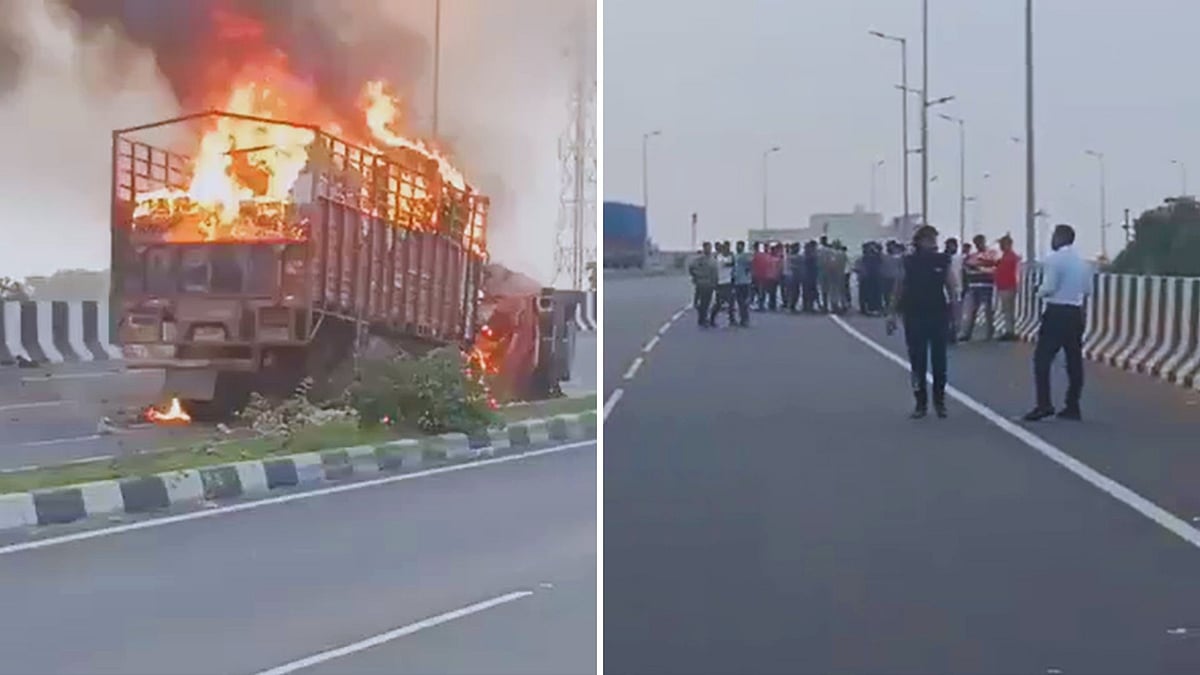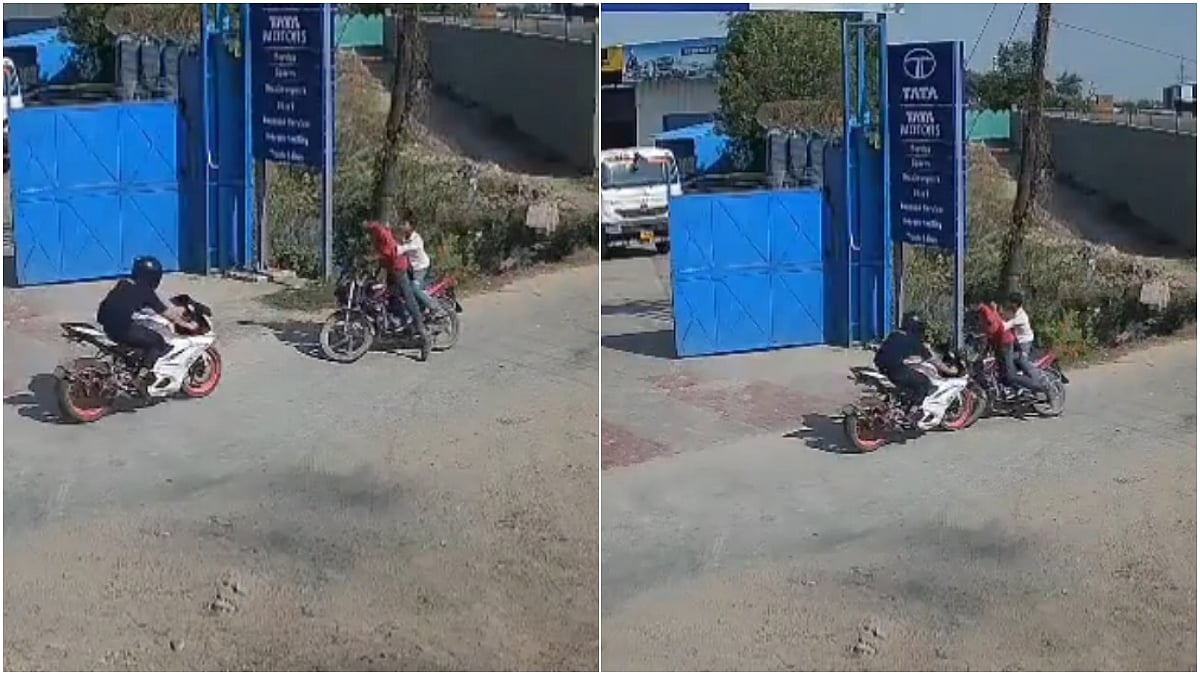As COVID-19 cases are about to cross 5 million mark including 4,00,000 deaths globally, raising concerns of further spread of the highly contagious virus, crooks have swung into action to tap the potential to exploit fear-gripped people to make money.
Cybercriminals are selling the blood of supposedly recovered coronavirus patients on the darknet for a whopping Rs 10 lakh per litre — touting it as a possible cure for COVID-19, say top intelligence officers in India.
The blood on the darknet or illegal e-marketplace is being sold as a "passive vaccine" in many affected countries. It is available for sale in Mumbai as well, which bears ¼ of India’s disease burden and is home to some of the world’s richest people and the largest slum in Asia.
Yashasvi Yadav, Inspector General of Maharashtra, Cyber Security and Coastal Security told The Free Press Journal, “A probe has begun as we recently received an information that the so-called recovered patient’s blood is being sold on darknet for Rs10 lakh a litre.”
Recovered patients’ blood plasma, which is rich in antibodies against novel coronavirus antigen, is being used for passive immunization in COVID-19 patients in India and other countries on experimental basis. No treatment or vaccine is available for this highly contagious disease as of now.
However, it won’t be easy to track the sellers or even buyers, if any.
The dark web or darknet refers to the clandestine online marketplaces which is beyond the reach of search engines and guarantees anonymity for its users. Purchases are done through cryptocurrency such as bitcoins and deliveries are often made at proxy addresses.
This platform, single and multi-vendors both, is largely used for international trade of legal as well illicit goods such as drugs, weapons, human trafficking, child pornography and even contract murders. While most of these businesses are shut due to lockdown in many countries, coronavirus has opened a new avenue.
Darknet markets or cryptomarkets look like an ordinary shopping website, albeit hidden ones, carrying pictures and descriptions of vast range of products and even buyers’ review.
The size and scale of dark web is tremendous. Mr Yadav says, “The darknet constitutes 99.6 percent of the total internet. They operate from servers routing through various countries making it tricky to trace them.”
To gain access in the darknet, one requires configuration and authorisation of a special software “The Onion Router (Tor)”.
Bank frauds, social media misuse on rise
Cyber frauds, fake news and misinformation have emerged as major challenges at the time of pandemic, Yadav says.
“The Maharashtra police has recently arrested one fraudster who stole all phone data of an individual by posing as an ICICI bank employee. Cyber criminals are sending malware through whatsapp and email which prompts the users to click the link for KYC or other purposes. If one does so, his or her entire data including phone talks and chats becomes accessible to criminals,” Yadav explains.
Meanwhile, over 400 cases have been registered in Maharashtra under Section 166 (c) of IPC for spreading communal hate by fabricating lies.
“Everyone saw how Palghar lynching and migrants’ workers coming to Bandra railway station last month was presented with communal tone. The accused have been booked in these cases including Republic TV chief Arnab Goswami.”
He adds that cases have been registered against people for their defamatory and malicious posts and emails to the ministers.
Yadav says, “We wish to tell everyone that police are keeping a tab on all social media accounts. This week we have started an aggressive campaign to trace obscene, abusive and defamatory posts on twitter, Facebook, Tik-Tok, Instagram etc through a software. If we spot any such posts, a legal warning is sent to the user’s inbox under section 149 Criminal Procedure code,”
“Most people don’t know that abusive or hateful posts is a punishable offence which may land them up in jail for three and five years depending upon the offence. We want social media users to become a “responsible netizen”, Yadav says.











